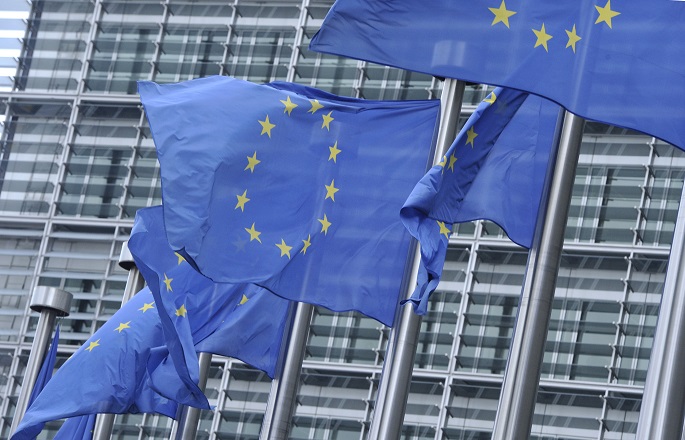German think tank for EU structures reform before expansion
Published : 12 Mar 2024, 20:53
The European Union must reform its institutions - the European Commission, Council and Parliament - to ensure that it remains capable of working and acting in the event of enlargement to up to 35 members, a German research institute has said.
Without these reforms, according to a report published on Tuesday by the Cologne Institute for Economic Research (IW), the EU would not be in a position to enlarge. The report was made available to dpa in advance.
The authors of the report highlighted the principle of unanimity for decisions by EU countries as a particular problem. Up to now, member states must vote unanimously on matters of foreign, security and tax policy.
If the EU were to be enlarged, there would be a greater chance that one of the members could veto decisions in these three areas. The IW therefore proposes introducing a majority principle instead of unanimity.
EU enlargement has become a salient topic again since the decision in December to begin accession talks with Ukraine and Moldova, amidst Russia's invasion of Ukraine in 2022. Formal talks with Albania, North Macedonia, Serbia and Montenegro are already under way, while Bosnia-Herzegovina, Georgia and Turkey are also formal candidates for EU membership.
The commission will recommend on Tuesday that the EU opens accession talks with Bosnia-Herzegovina, European Commission President Ursula von der Leyen said.
Accession talks with Turkey opened in 2005, but have since stalled due to concerns about authoritarianism under President Recep Tayyip Erdoğan.
Kosovo - which is not fully recognized among EU member states - is listed as a "potential candidate" by the European Commission.
Enlargement would also increase the size of the European Commission. This is because the number of commission members corresponds to the number of member states.
With up to 35 members, the body would have to be more strongly structured in order to better distribute tasks, the IW recommends.
The authors of the paper are in favour of keeping the European Parliament limited to the current 751 seats, even after enlargement. This would mean that old member states would have to give up some of their seats to the new member states.


